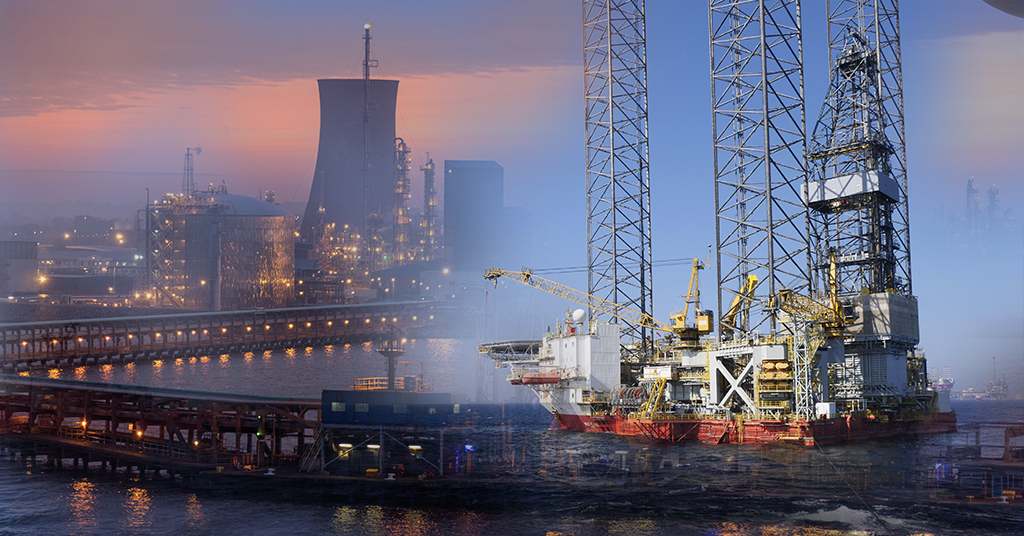Welcome To ChemAnalyst

In the European region, the Hexamethylene Diisocyanate prices observed a consistently bearish trend during the Q1 of 2023. The key reason was the depressed inquiries from downstream sectors and reduced purchasing activities in the domestic market. The orders of Hexamethylene Diisocyanate for Polymerization of downstream Caprolactam were sluggish from the end-user textile sector. At the same time, the consumption levels were low due to contraction in the manufacturing and construction sector and stale demand for Polyurethane PU foam in the downstream Polyurethane industries. Consequently, low consumption rates replenished the product stocks more significantly during the mid-Q1 of 2023.
Concurrently, the declines in Natural Gas futures throughout the 1st quarter amid surplus availability due to milder winter reduced the input costs. Simultaneously, upstream Ammonia prices fell amid sluggish demand-supply dynamics from the fertilizer sector during the quarter, reducing the upstream cost pressure on Hexamethylene Diisocyanate. On the contrary, increased sanctions on Russian products on February 5, 2023, and reduced imports of Crude oil impacted the availability of upstream Butadiene. Thus, the upstream Butadiene prices remained firm during Q1.
The production rates of Hexamethylene Diisocyanate remained moderate amid shifting feedstock supplies and dampened demand-supply dynamics. As per the ChemAnalyst data sources, the average Hexamethylene Diisocyanate prices were USD 6766/MT during the Q1 of 2023 and witnessed a decrease of almost 4% from the previous quarter.
As per the ChemAnalyst assessment, “The Hexamethylene Diisocyanate prices will likely continue the observed bearish trend in the domestic market. The Polyurethane market is still weak, and import orders for Hexamethylene Diisocyanate will likely remain moderately low in the upcoming weeks. Production rates will remain stable due to sufficient availability of stocks. Furthermore, the upstream cost pressure on Hexamethylene Diisocyanate will ease as Ammonia prices and input costs are likely to decline further amid volatile Natural Gas prices amid rising temperatures.”
We use cookies to deliver the best possible experience on our website. To learn more, visit our Privacy Policy. By continuing to use this site or by closing this box, you consent to our use of cookies. More info.
